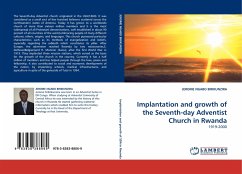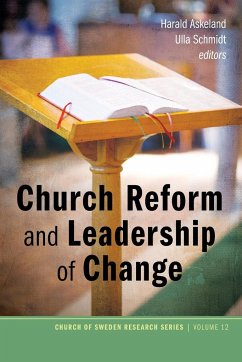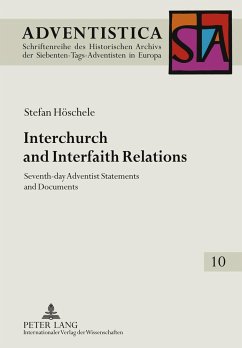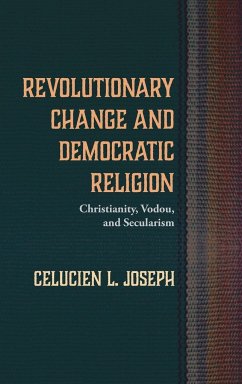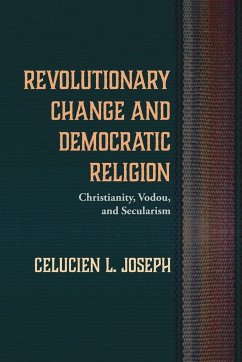
Seventh-day Adventist Health Reform
A Crucible of Identity Tensions

PAYBACK Punkte
10 °P sammeln!
The Seventh-day Adventist church, formally organized in America in 1863, is today one of the fastest-growing Protestant movements in the world and defines itself as a prophetic remnant, raised up and commissioned by God to teach and preach a final message of warning to the world before the imminent return of Christ. From its beginnings, however, a sense of failure was built into the success of the fledgling movement. In order to preserve the message (the imminent return of Christ), Adventists had to erect institutions based on continuity and permanence. A dilemma emerged: medical institutions ...
The Seventh-day Adventist church, formally organized in America in 1863, is today one of the fastest-growing Protestant movements in the world and defines itself as a prophetic remnant, raised up and commissioned by God to teach and preach a final message of warning to the world before the imminent return of Christ. From its beginnings, however, a sense of failure was built into the success of the fledgling movement. In order to preserve the message (the imminent return of Christ), Adventists had to erect institutions based on continuity and permanence. A dilemma emerged: medical institutions built to be conducive for separation from the world faced a this-worldly reality filled with requirements from various state entities: registration, approval, and so forth. Thus, Adventist medical institutions confronted constant challenges to their denominational and theological uniqueness. The emergence of this dilemma between aspirations of separateness and this-worldly reality was especially evident in the battle for Adventism's sectarian identity, ethos, and future at the turn of the twentieth century--between Ellen G. White (a cofounder of the movement) and Dr. John H. Kellogg (an Adventist administrator and surgeon who sought to desectarianize the movement).







